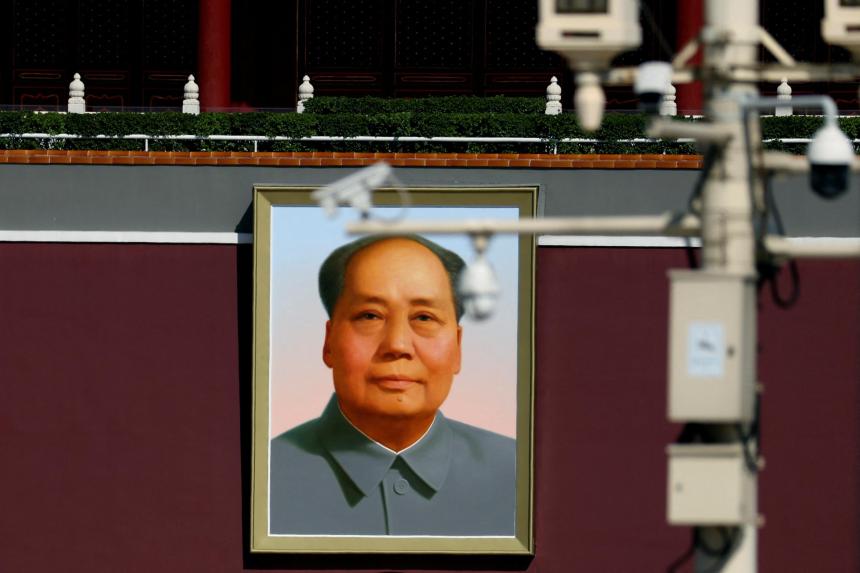
Tibet, a region known for its rich history and cultural identity, witnessed a controversial celebration on Tuesday. As reported by Radio Free Asia, Chinese authorities in Tibet compelled locals to celebrate the 130th anniversary of Mao Zedong’s birth, a move seen by many as an attempt to rewrite history.
The late Chinese leader, Mao Zedong, is credited by Chinese officials for the “peaceful liberation of Tibet” in 1950. However, this narrative is strongly contested by Tibetan authorities in exile, who view the event as an invasion and the beginning of an illegal annexation of Tibet.
A young Tibetan from Lhasa, speaking to Radio Free Asia on condition of anonymity, expressed concerns about the spread of “false information and distorted facts about Tibet’s past history” during the celebrations. The source highlighted that the public events depicted pre-invasion Tibet as a backward and impoverished region, justifying China‘s invasion and annexation.
This narrative, however, is challenged by many, including the source who pointed out that while Tibet has developed since the Chinese invasion, similar progress has been made in many free countries without the need for any so-called ‘peaceful liberation.’
The celebration comes at a time when Chinese officials maintain a tight grip on the region, restricting Tibetans’ political activities and their cultural and religious expression. Recently, Beijing changed Tibet’s romanized name to “Xizang,” an act seen as a further attempt to erode its independent identity.
During the birthday event, as per the source’s report to Radio Free Asia, Chinese authorities revisited the narrative of the “17-Point Agreement” signed in 1951 between the Dalai Lama and Beijing. However, experts and rights groups argue that this agreement was signed under duress, and the Dalai Lama later disavowed it after fleeing to India.
ALSO READ: In Paris, Kalon Norzin Dolma Counter China’s Narrative: ‘Tibet’s Plight Unresolved
The tension in Tibet was palpable during the celebrations, with many Tibetans feeling pressured to remain silent about their history and the reality of the Chinese occupation. The source noted to Radio Free Asia that any attempt by Tibetans to discuss Tibet’s history as an independent country leads to immediate action by Chinese police.
Dawa Tsering, director of the Tibet Policy Institute, commented to Radio Free Asia that the forced celebrations seemed particularly harsh, given that many Tibetans remember the atrocities committed during Mao’s rule. Nyima Woeser, a researcher at the Tibetan Centre for Human Rights and Democracy, added that over a million Tibetans have suffered under Chinese policies since the 1950 invasion, with human rights abuses continuing to worsen each year.
This report from Radio Free Asia sheds light on the complex and often painful history of Tibet under Chinese rule, highlighting the struggles of a people striving to preserve their cultural and historical identity.






